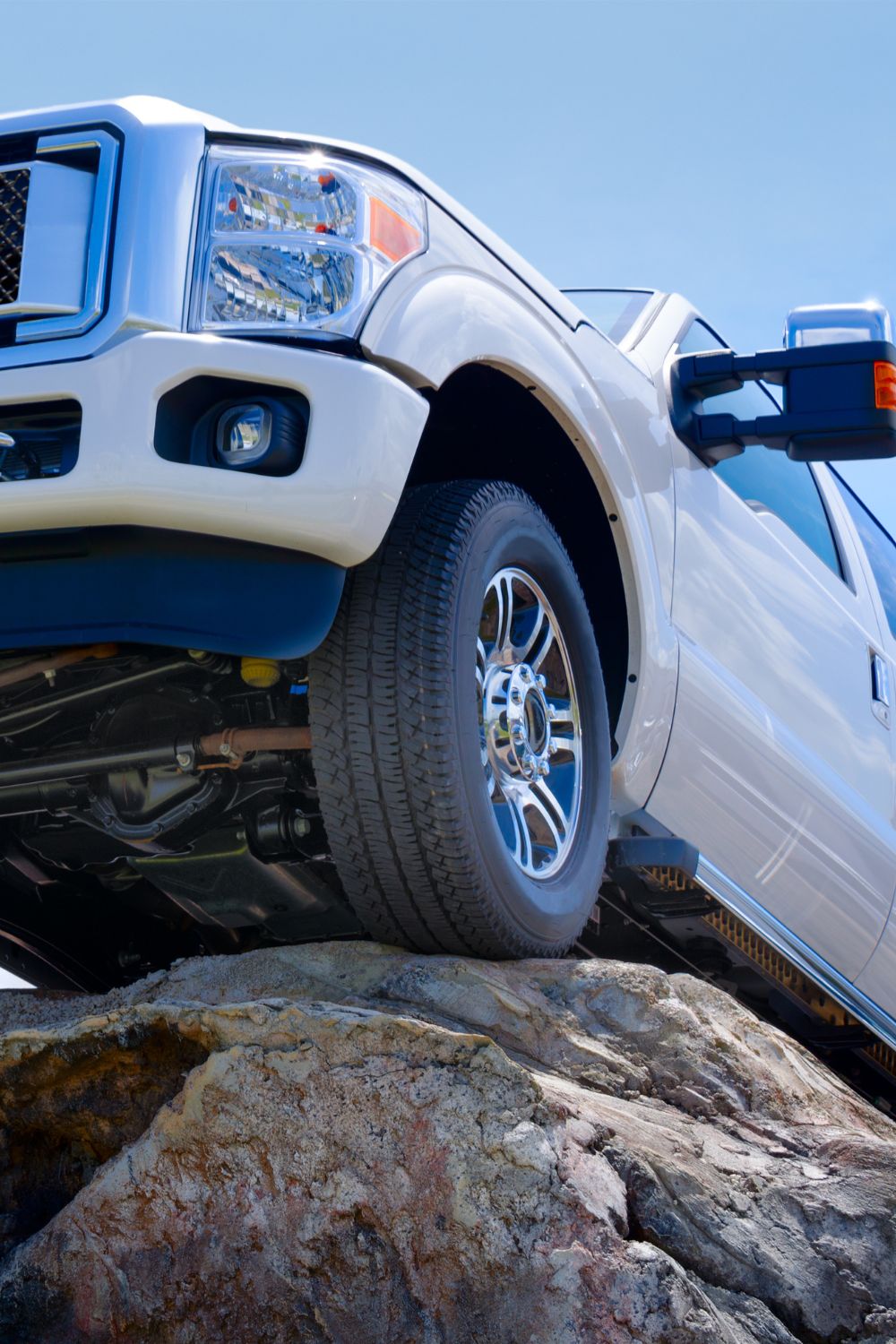Truck turbochargers boost engine power and efficiency, especially in heavy-duty vehicles. Thanks to these chargers, engines can work optimally under demanding conditions. However, when turbochargers develop issues, performance majorly drops, often leading to costly repairs. Understanding the most common truck turbocharger issues and fixes can help you prevent downtime and extend the life of your vehicle.

Overheating Turbocharger
Overheating is one of the most damaging issues for turbochargers. Without proper cooling, excessive heat degrades the turbocharger’s bearings and reduces performance. High exhaust gas temperatures and inadequate lubrication are the primary culprits.
Preventing overheating starts with consistent oil flow. High-quality, heat-resistant engine oil manages temperatures and protects the turbo’s moving parts. Installing an intercooler can also reduce exhaust gas temperatures, preventing excessive heat buildup.
Regular cooling system maintenance, including cleaning radiators and checking coolant levels, keeps the engine and turbocharger running within safe temperature limits. Ignoring overheating symptoms, such as reduced power or abnormal sounds, can escalate the problem quickly.
Turbocharger Oil Leaks
Oil leaks are a common turbocharger issue that causes a litany of problems, from lower turbo life to engine misfires. Leaks typically occur when seals deteriorate or oil lines clog, allowing oil to seep into areas like the intake or exhaust system.
Addressing oil leaks requires inspecting and replacing worn seals and keeping oil lines unobstructed. Regular oil changes and using high-grade oil prevent residue buildup, reducing the likelihood of clogs. Additionally, keeping your filter clean prevents debris from contaminating the oil and extends the life of seals and other components.
Compressor Surge
A compressor surge occurs when airflow through the turbocharger becomes inconsistent, resulting in pressure imbalances. Surges often arise from restricted air intake or a faulty wastegate.
Turbocharger surging is another important issue to keep an eye out for, but it should not be mistaken for compressor surging. You will hear fluttering and experience unstable oscillations when the compressor is the issue. Compressor surging is not just a performance issue; it also accelerates wear on the turbocharger, leading to premature failure.
Fixing compressor surges starts with inspecting and cleaning the air intake system to remove obstructions. Repair or replace malfunctioning wastegate to restore proper pressure control. Regularly maintaining these systems keeps air flowing smoothly, preventing surging and promoting optimal turbocharger performance.
Excessive Smoke From Exhaust
Excessive exhaust smoke often signals a problem with the turbocharger. Black smoke indicates unburned fuel caused by a malfunctioning turbine or improper air-fuel mixture, while blue smoke typically points to oil leaking into the combustion chamber.
To fix this issue, inspect and repair damaged turbine blades. If oil leaks are the culprit, address them by replacing worn seals and cleaning the exhaust system. Adjusting the air-fuel ratio and maintaining adequate airflow also reduces the likelihood of smoke emissions.
Preventing Turbocharger Problems
Preventative maintenance is the key to avoiding most turbocharger issues. Regular oil changes, using high-quality parts, and inspecting the air intake and exhaust systems are critical practices.
Cleaning the turbocharger periodically and addressing minor issues immediately helps maintain optimal performance. There are many interesting ways to enhance your truck, but when it comes to speed, turbochargers are king. You can avoid the most common truck turbocharger issues by staying vigilant and knowledgeable about your repair options.
 World inside pictures Collect and share the best ideas that make our life easier
World inside pictures Collect and share the best ideas that make our life easier








